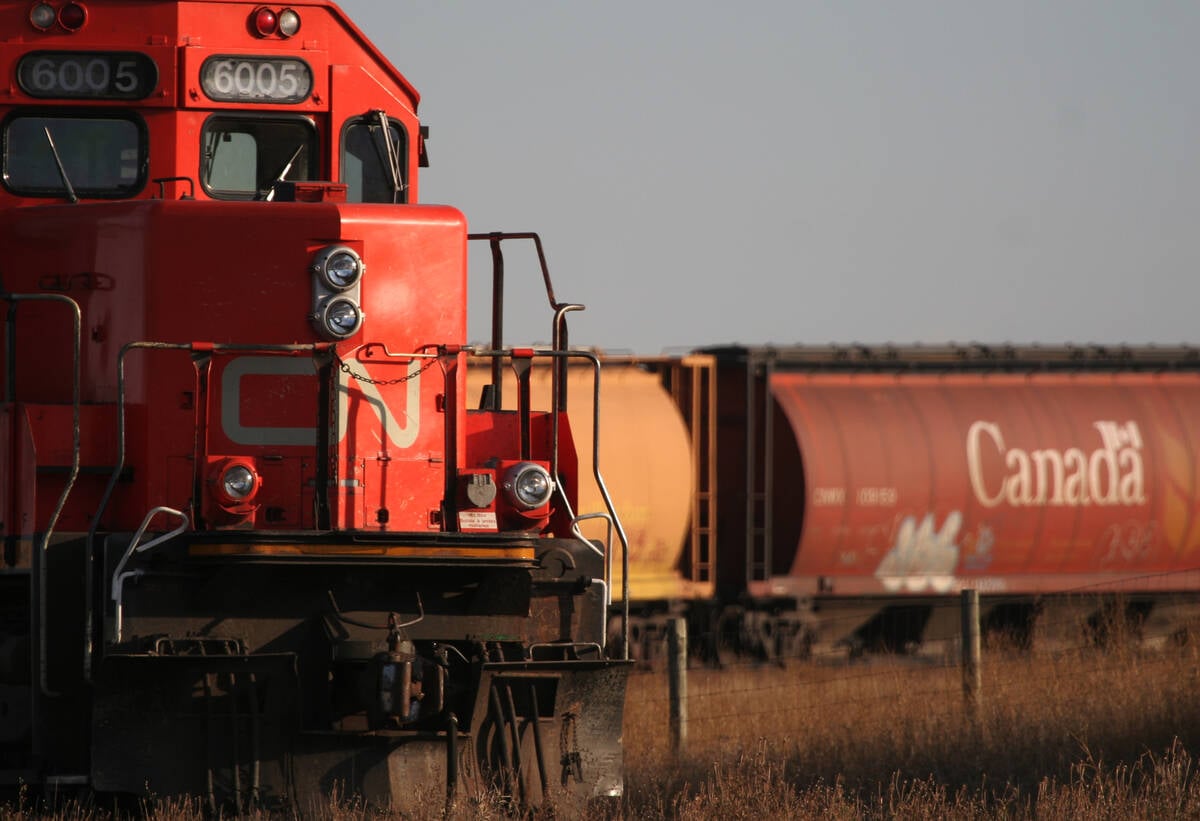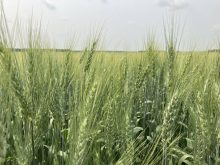Hundreds of elevators have retreated from large swaths of prairie
farmland, making it hard for thousands of farmers to sign up early for
Canadian Wheat Board contracts.
But the board said it is taking a leap forward by jumping right into
farmers’ homes. It said its new e-contract system, which allows CWB
contracts to be signed over the internet, will help farmers sign up
fast and allow the board to start selling each year’s new crop faster.
Read Also

Canada-U.S. trade relationship called complex
Trade issues existed long before U.S. president Donald Trump and his on-again, off-again tariffs came along, said panelists at a policy summit last month.
“With e-contracting, if farmers are signing up throughout their
harvest, rather than waiting for harvest to be complete and going to
the elevator to sign the form, we’ll have better information on
inventory that we’ll have to sell earlier in the crop year, which will
do nothing but help our sales department,” said CWB manager of
information services Dave Gallant.
“This has the potential … of dramatically changing the way we do
business.”
Farmers with internet access will be able to get to the e-contracting
service through the board’s general website at www.cwb.ca. To use the
system, a farmer will need an eight digit producer identification
number and a four digit personal identification number.
The CWB will confirm the producer’s e-contract in a letter sent via
standard mail back to the producer to be inserted into the individual’s
permit book.
Gallant said farmers in remote areas will find e-contracting easier in
many cases than having to travel to a distant elevator to sign up for
CWB contracts.
But he hopes the elevators can be brought into the system too, allowing
farmers who ship to each elevator to have their contracts signed for
them through the elevator’s electronic connection to the CWB.
Gallant said the CWB has no idea whether many farmers will use
e-contracting. Studies show that two-thirds of farmers have internet
access, but few appear to use the internet to conduct business.
That’s partly because many people use the internet only to search for
information.
But it’s also because the grain industry isn’t wired yet.
“There are not a lot of opportunities out there for doing farm
transactions,” said Gallant.
“We are one of the first few to get out there and offer farm
transactions on-line.”
The internet isn’t used widely in running the business of the grain
transportation system and the export system. Gallant said customers
often e-mail inquiries to the board, and e-mail is used by grain
companies, the board and other parts of the grain transportation
system, but the full potential of the internet is not being exploited.
That makes farmers the guinea pigs in this possible evolution of grain
marketing, Gallant said.
“The focus for the initial round of e-business has been on the farmer,”
he said.
This isn’t the board’s first foray into new communications methods. The
board introduced a call centre last year, which allows farmers to call
the board and sign up their grain to contracts.
But Gallant said there are only a few hundred contracts being signed
this way out of the approximately 140,000 the board signs in a year.















